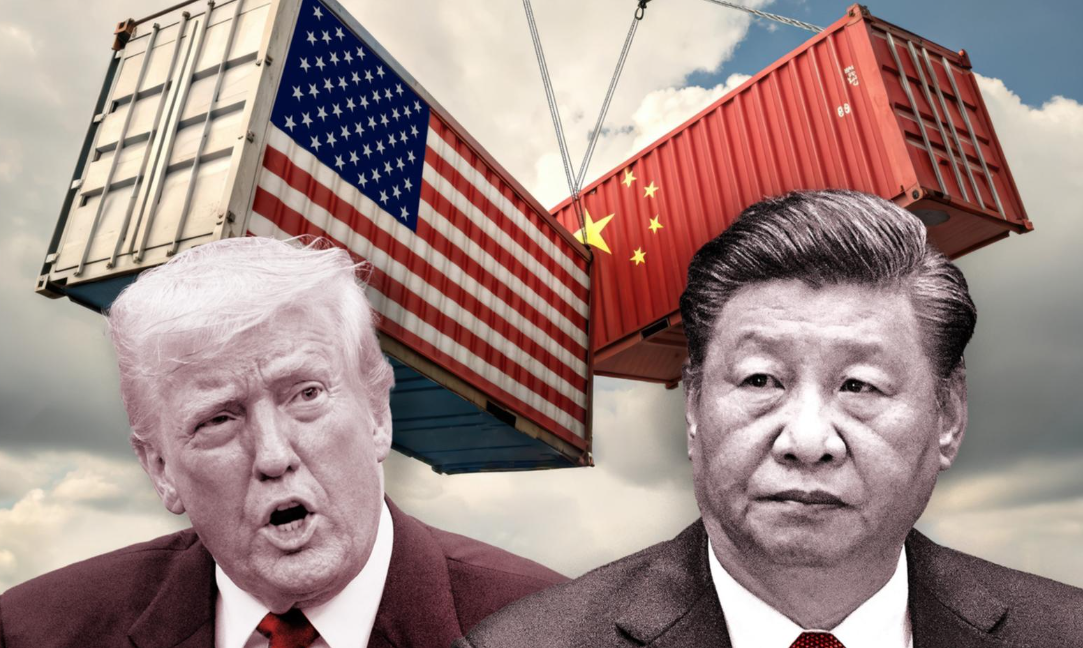
David Shambaugh, Gaston Sigur Professor and Director of China Policy Program at George Washington University, Distinguished Visiting Fellow at Hoover Institution of Stanford University
Apr 09, 2025
The second Trump administration’s China policies have thus far been very opaque and difficult to discern. However, in recent weeks a variety of indicators are beginning to make them clearer—and one dominant theme emerges: China will be viewed as America’s principal adversary.
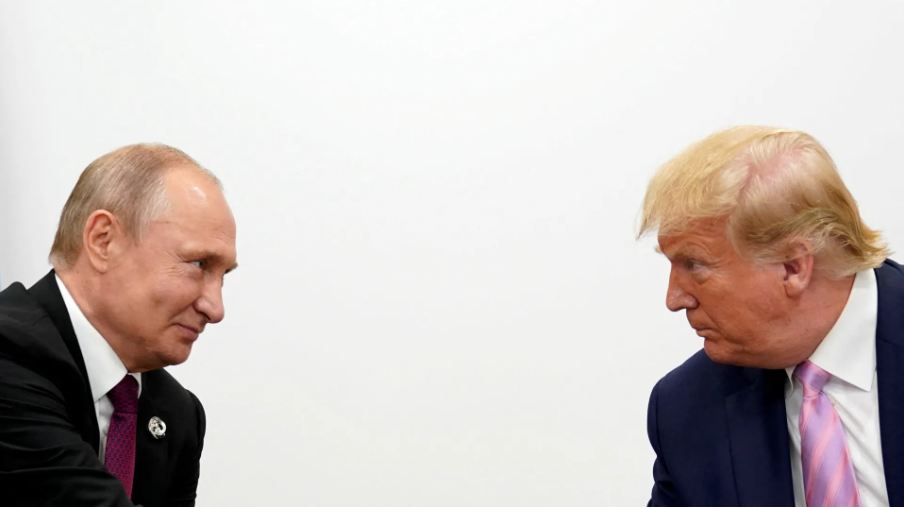
Richard Weitz, Senior Fellow, Hudson Institute
Mar 20, 2025
Trump’s actions in dealing with Russia and Ukraine and conflict in Gaza have been disruptive and unpredictable. With more holistic foreign policy statements still in the works, only speculation can tell us where Trump might head regarding the Indo-Pacific.
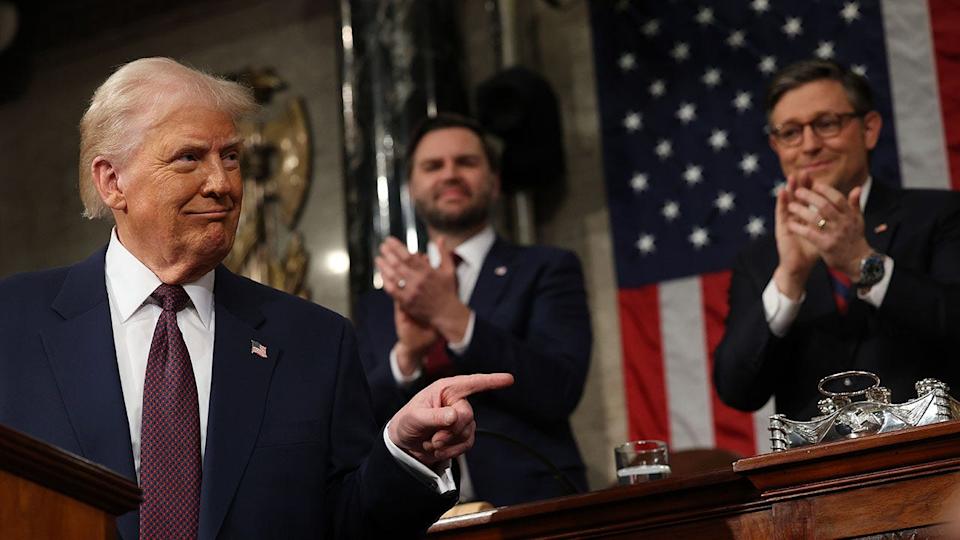
Warwick Powell, Adjunct Professor at Queensland University of Technology, Senior Fellow at Beijing Taihe Institute
Mar 18, 2025
The more things change, the more they seem to stay the same.
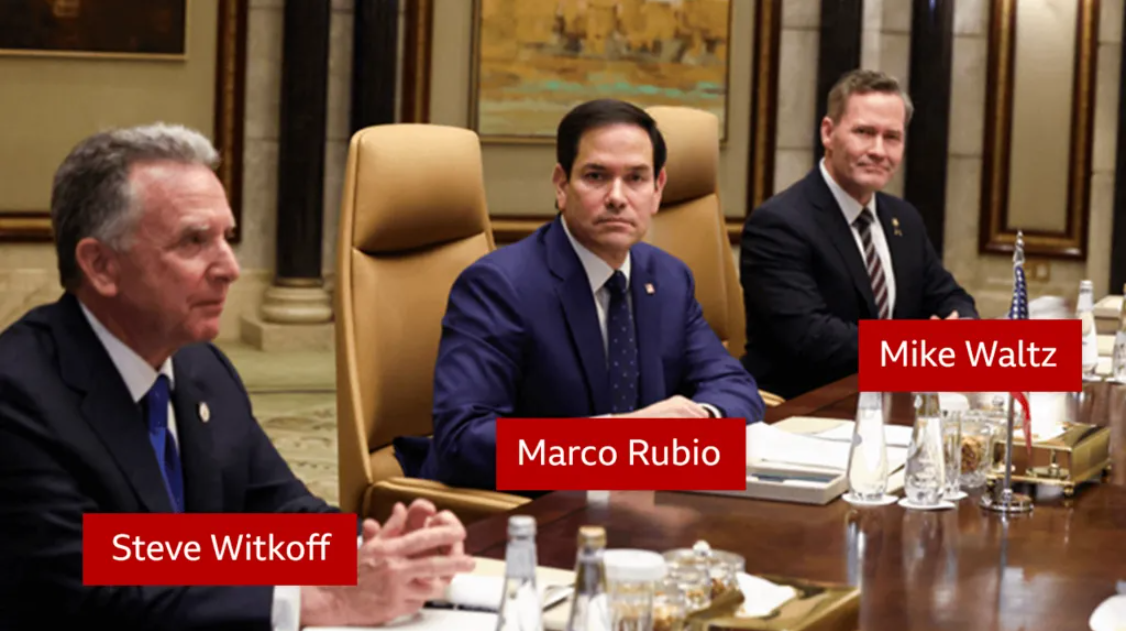
Richard Javad Heydarian, Professorial Chairholder in Geopolitics, Polytechnic University of the Philippines
Mar 14, 2025
The Trump administration's clash with Ukraine has raised doubts about America's strategic reliability, prompting concerns among European and Asian allies about a potential shift in global order under a second Trump presidency.
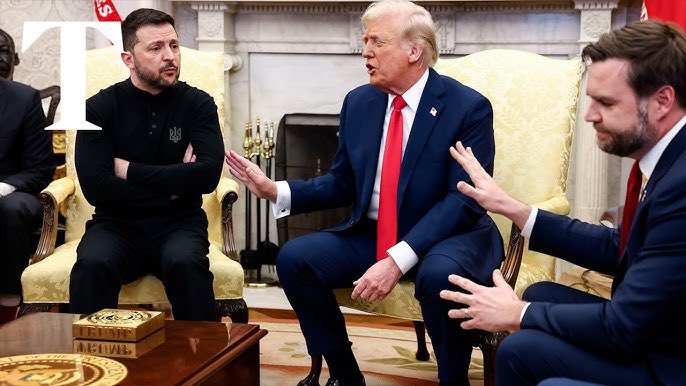
Philip Cunningham, Independent Scholar
Mar 07, 2025
Trump’s Oval Office ambush of Ukrainian President Zelensky highlights the unpredictability and volatility of U.S. diplomacy under his second term—an unsettling prospect for China as it prepares for a potential Trump-Xi summit. With Trump emboldened and increasingly unpredictable, China may face new challenges in navigating an engagement with a leader who thrives on disruption.
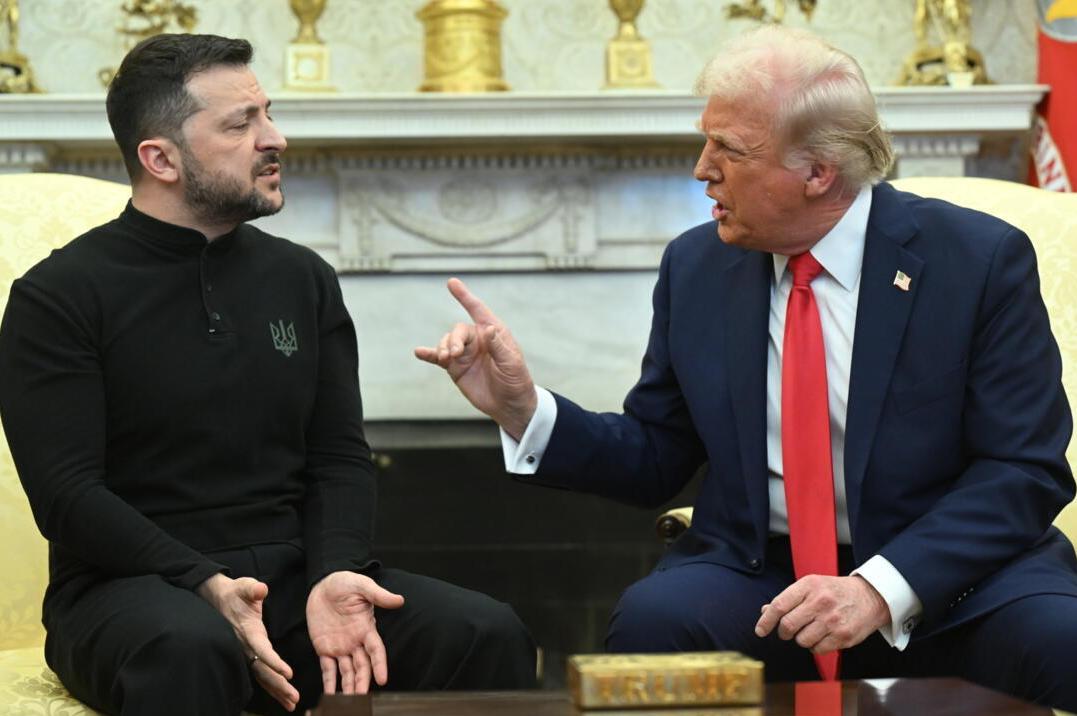
Zhang Yun, Professor, School of International Relations, Nanjing University
Mar 05, 2025
The future for European countries hinges on maintaining competitiveness and growth while safeguarding the quality of life of their citizens. The shock delivered by Donald Trump and Vladimir Putin could hasten Europe’s long-overdue strategic awakening.
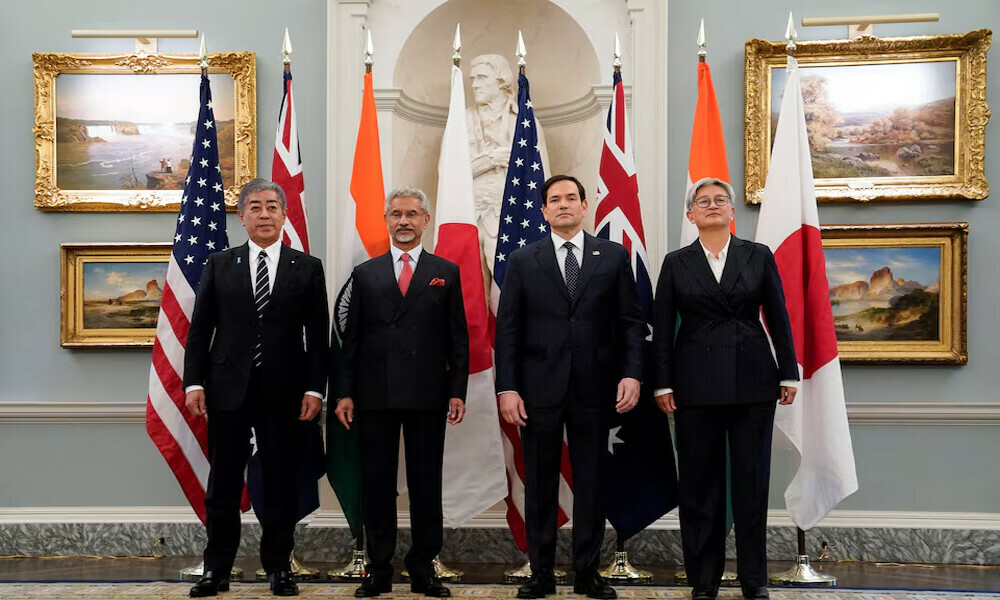
Ghulam Ali, Deputy Director, Hong Kong Research Center for Asian Studies
Mar 04, 2025
The Asia-Pacific region began to exhibit signs of easing major geopolitical tensions in late 2024, but has started to heat up again following President Trump’s return to power in the White House. During the ‘easing’ period, although low-level disputes persisted in the vast region, in the South China Sea, and in cross-strait relations, the risk of a conflict involving regional heavyweights was not imminent.
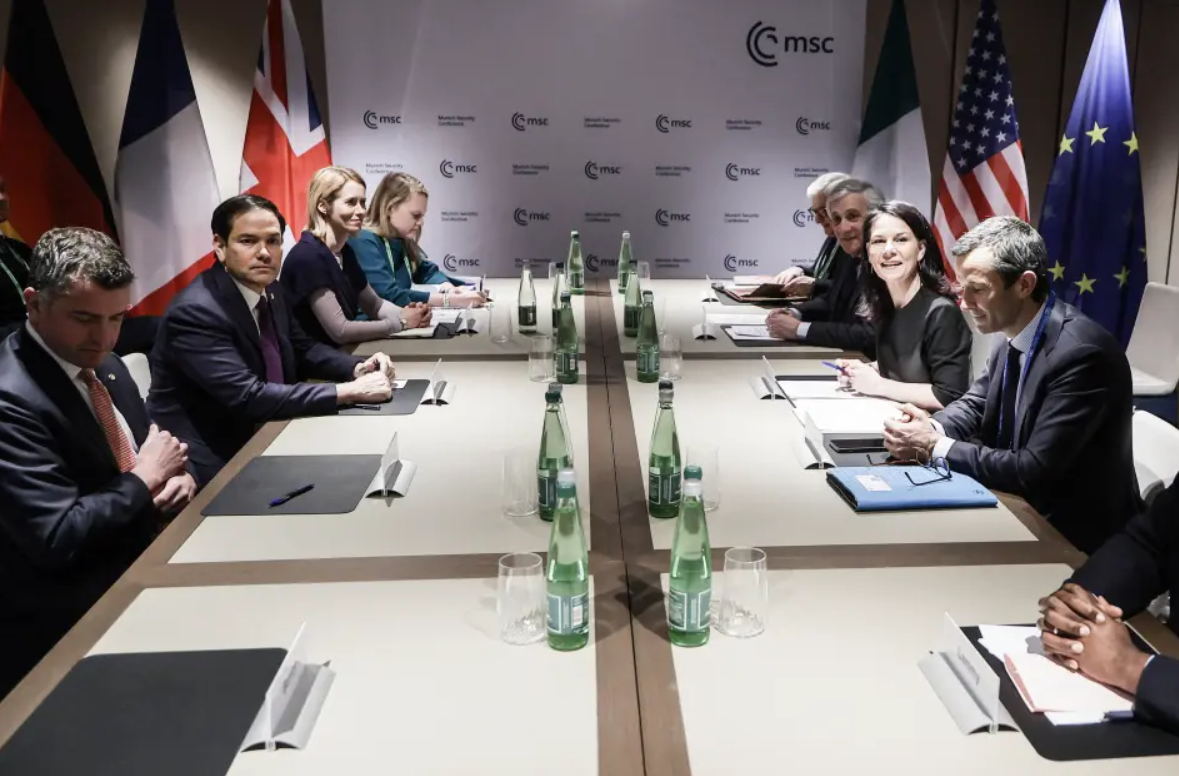
Warwick Powell, Adjunct Professor at Queensland University of Technology, Senior Fellow at Beijing Taihe Institute
Feb 27, 2025
If one takes Marco Rubio’s recent remarks on the end of unipolarity at face value, one could be mistaken for believing that the question of a multipolar world is settled. On the contrary, Rubio’s ruminations, together with remarks from members of the new Trump Administration, including the President himself, buttressed with decisions made in the first few weeks of the new administration, suggest that the issue of multipolarity is very much in question.
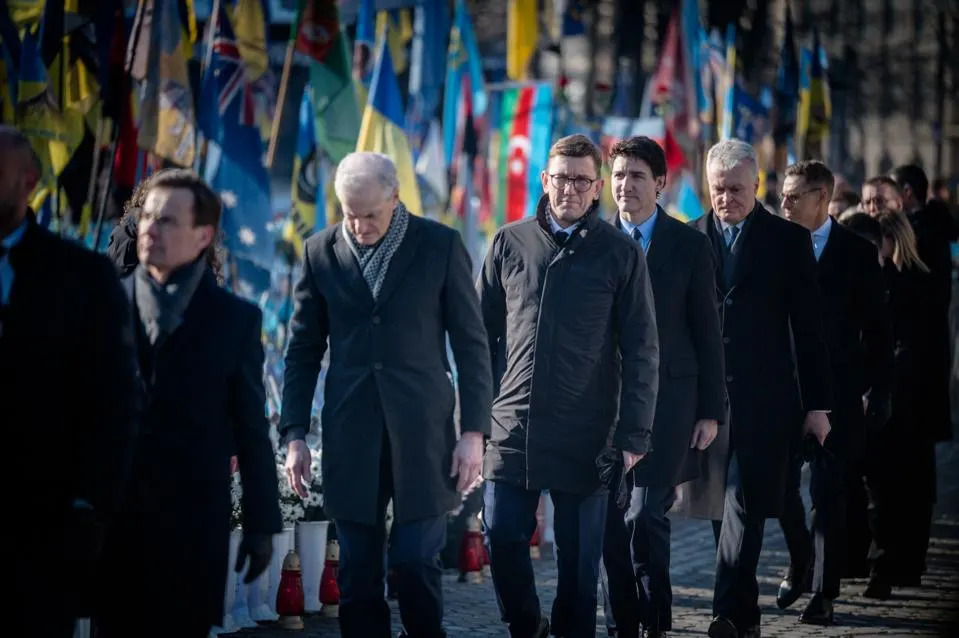
Brian Wong, Assistant Professor in Philosophy and Fellow at Centre on Contemporary China and the World, HKU and Rhodes Scholar
Feb 26, 2025
The future is uncertain for the European Union as powerful regimes with inward-looking agendas have begun rolling out policy in the U.S., Germany, and France, due in no small part to the second Trump administration. For Europe, NATO, and the conflict in Ukraine, this could potentially lead to unprecedented changes in the modern global order.
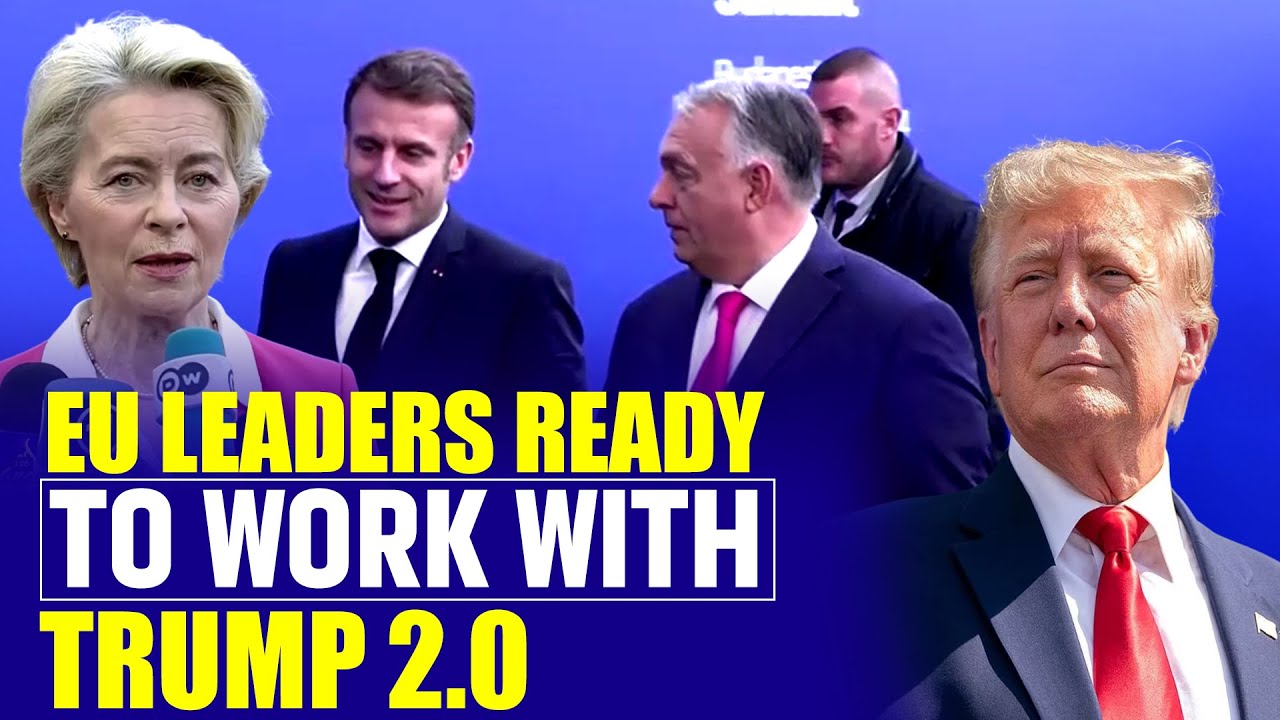
Zhang Yun, Professor, School of International Relations, Nanjing University
Feb 21, 2025
U.S. allies in the long run are expected to pursue greater strategic autonomy, which means defining their national interests outside of American influence. Their policies toward China are therefore likely to continue evolving in a pragmatic and nuanced direction.